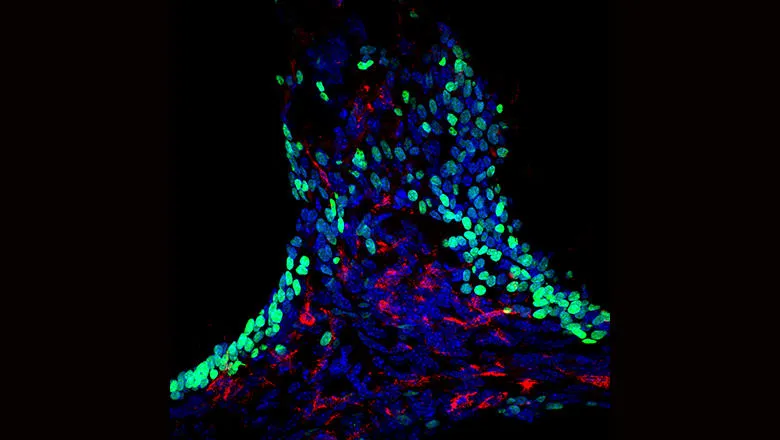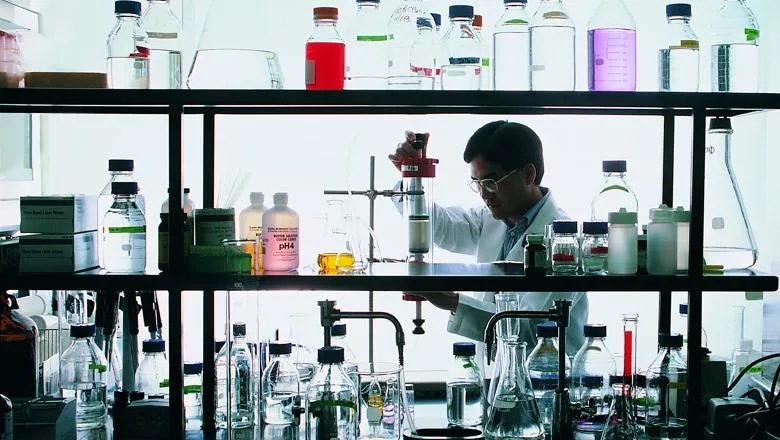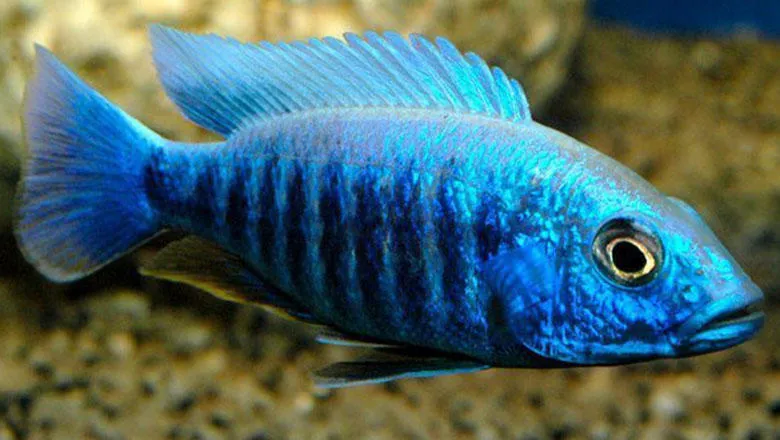
Professor Paul Sharpe
Dickinson Professor of Craniofacial Biology
Research interests
- Craniofacial
Biography
Professor Sharpe graduated with a degree in biology from York University and a PhD in biochemistry from Sheffield University. Following postdocs in Sheffield, Wisconsin and Cambridge he became lecturer in molecular embryology at the University of Manchester in 1987 where he established a research group working on the molecular control of tooth development.
In 1991 he was recruited to his present Chair at the Dental Institute of Guy’s Hospital (later to merge with King's College London), where he established a new basic research department, the Department of Craniofacial Development and Stem Cell Biology. The department, of which he remains head, now consists of 15 academic research groups with over 80 research staff and in 2017 was awarded Centre of Excellence status: Centre for Craniofacial and Regenerative Biology. From 2002-2008 he was Director of Research for the Dental Institute.
His main research interests are the molecular control of tooth development, dental stem cell biology and tooth bioengineering. He has published over 300 research papers including articles in Nature, Science, PNAS and Cell press. He has supervised over 50 PhD students and currently receives funding from the MRC, NIHR and NIH. He is a member of the MRC Centre for Transplantation and Biomedical Research Centre and currently serves on the MRC Regenerative Medicine Research Committee grants panel.
In 2004 he was awarded the Craniofacial Biology Research Award by the International Association for Dental Research in recognition of his contribution to the understanding of how teeth develop. In 2006 and 2018 he received the William J Gies award for best publication is Biomaterials and Bioengineering from the same organisation.
His current research focuses on understanding dental pulp stem cell function and the development of stem cell-based approaches for new therapies in clinical dentistry.
Research

Sharpe Group
Sharpe Group Dental Tissue Regeneration and Repair

Centre for Craniofacial & Regenerative Biology
Our research goes beyond the mouth. If we understand how the entire face and head forms, we can repair damage and regenerate cells. If we unravel the causes of diseases, we can treat patients successfully. If we solve these problems, our discoveries will improve health worldwide.
News
Professor Paul Sharpe receives AISPPD Onlus Medal
Prestigious award from International Association of Awareness & Prevention of Women’s Diseases recognises Professor Sharpe’s research in dentistry and tooth...

New research identifies potential treatment to manage effects of periodontitis
A study from King's researchers has identified use of a cell type known as a telocyte as a route for therapeutic interventions to limit inflammation and bone...

Harnessing cell signalling to stimulate tooth repair
In two recent publications the Sharpe/Gentleman groups report two different approaches to stimulate Wnt signalling to enhance the formation of dentine.

Decoding the human gingiva cell by cell
Researchers from the Centre for Craniofacial & Regenerative Biology at King’s College London have published the first cellular characterisation of the human...

The immune system and stem cells join forces to repair your teeth
Researchers from King’s College London have revelled how the immune system interacts with stem cells during tooth repair.

Stem cell behaviour in periodontal disease
Researchers have identified two distinct populations of stem cells in the periodontal ligament.

New open access Dental journal launched
Featuring King's Professor Paul Sharpe as Specialty Chief Editor

Further evidence shows clinical viability of natural tooth repair method
A study published in the JDR shows further evidence that the natural tooth repair method could be successfully translated into clinical practice.

Teeth and taste buds
Tooth regeneration closer with common origin

Perivascular-Derived Mesenchymal Stem Cells
In a review published in the Journal of Dental Research the molecular mechanisms that operate to restrict pericyte-derived MSC differentiation are discussed...

Research

Sharpe Group
Sharpe Group Dental Tissue Regeneration and Repair

Centre for Craniofacial & Regenerative Biology
Our research goes beyond the mouth. If we understand how the entire face and head forms, we can repair damage and regenerate cells. If we unravel the causes of diseases, we can treat patients successfully. If we solve these problems, our discoveries will improve health worldwide.
News
Professor Paul Sharpe receives AISPPD Onlus Medal
Prestigious award from International Association of Awareness & Prevention of Women’s Diseases recognises Professor Sharpe’s research in dentistry and tooth...

New research identifies potential treatment to manage effects of periodontitis
A study from King's researchers has identified use of a cell type known as a telocyte as a route for therapeutic interventions to limit inflammation and bone...

Harnessing cell signalling to stimulate tooth repair
In two recent publications the Sharpe/Gentleman groups report two different approaches to stimulate Wnt signalling to enhance the formation of dentine.

Decoding the human gingiva cell by cell
Researchers from the Centre for Craniofacial & Regenerative Biology at King’s College London have published the first cellular characterisation of the human...

The immune system and stem cells join forces to repair your teeth
Researchers from King’s College London have revelled how the immune system interacts with stem cells during tooth repair.

Stem cell behaviour in periodontal disease
Researchers have identified two distinct populations of stem cells in the periodontal ligament.

New open access Dental journal launched
Featuring King's Professor Paul Sharpe as Specialty Chief Editor

Further evidence shows clinical viability of natural tooth repair method
A study published in the JDR shows further evidence that the natural tooth repair method could be successfully translated into clinical practice.

Teeth and taste buds
Tooth regeneration closer with common origin

Perivascular-Derived Mesenchymal Stem Cells
In a review published in the Journal of Dental Research the molecular mechanisms that operate to restrict pericyte-derived MSC differentiation are discussed...

